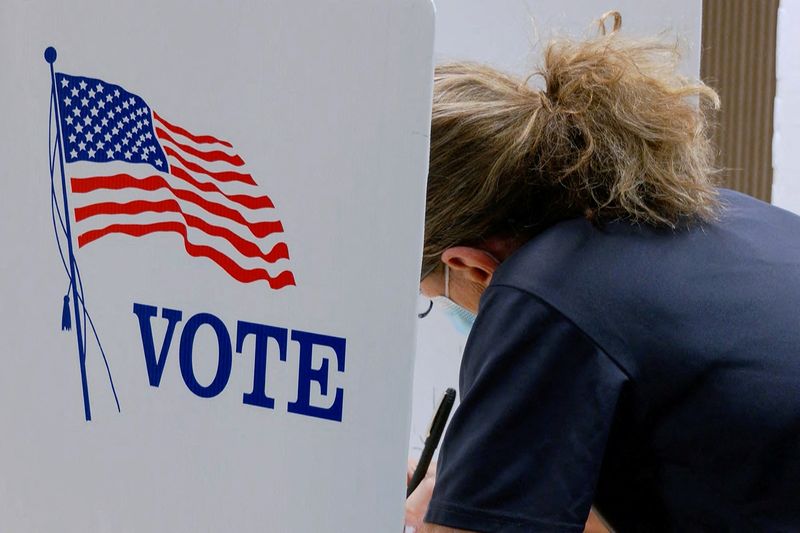PHILADELPHIA, PA—Philadelphia was at the center of former President Donald J. Trump’s 2020 election rigging claim. Spikes in overnight vote counting seemed irregular, compounded by the state’s lack of transparency, which led the former President and his supporters to spread a conspiracy claim that the election was rigged.
Now Pennsylvania is once again at the center of potential uncertainty in the 2024 election after election officials posted a warning on social media this week.
“Pennsylvanians won’t always know the final results of all races on election night. Any changes in results that occur as counties continue to count ballots are not evidence that an election is rigged,” the Pennsylvania Department of State said this week.
They were the first to use the word ‘rigged’ regarding the 2024 election and that is already making people uneasy,
In an era where advanced technology is integrated into nearly every aspect of our lives, it’s baffling that a modern nation like the United States struggles to count all votes on election night, despite investing hundreds of millions of dollars in voting technology. The recent comments from the Pennsylvania Department of State and Florida Governor Ron DeSantis underscore this frustrating reality.
“Florida elections have millions more votes cast than in PA elections, yet we count the votes and report the results on election night — and do so in an efficient and transparent manner,” DeSantis said.
While Pennsylvania officials argue that delayed results are not evidence of a “rigged” election, the question remains: Why, with all the automated systems and resources at our disposal, can’t we count votes efficiently?
Florida, as DeSantis pointed out, manages to count millions more votes on election night, providing timely and transparent results. This stark contrast highlights a significant issue—if one state can get it right, why can’t others?
The delays in vote counting, particularly in a pivotal state like Pennsylvania, not only breed unnecessary skepticism but also erode public trust in the electoral process.
If Florida, with its substantial voter base, can streamline its system, it sets a precedent that other states should follow. Pennsylvania’s current approach seems outdated and in need of serious reform. Efficient vote counting is not just about using technology but also about implementing best practices that ensure every vote is counted promptly and accurately.

